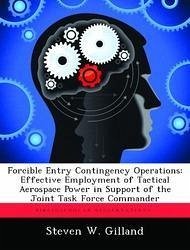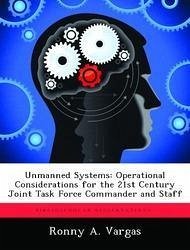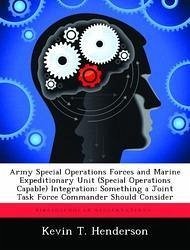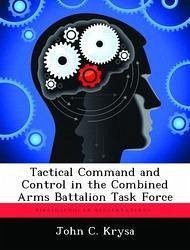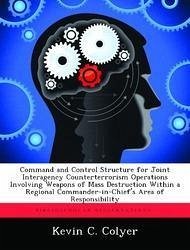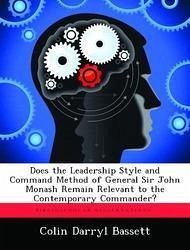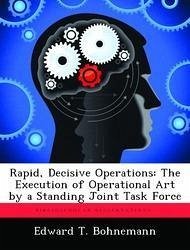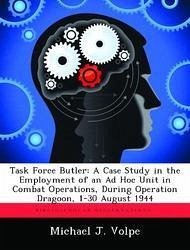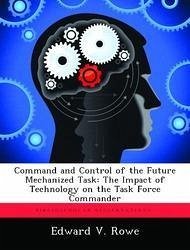
Command and Control of the Future Mechanized Task: The Impact of Technology on the Task Force Commander
Versandkostenfrei!
Versandfertig in über 4 Wochen
53,99 €
inkl. MwSt.

PAYBACK Punkte
27 °P sammeln!
The mechanized task force commander contends with many factors that define his environment. To assist him in contending with this environment, he employs a command and control system consisting of personnel, communication, equipment, facilities, and procedures. To the extent that this system allows the commander to understand and operate within its environment, it contributes to the unit's ultimate success or failure. The US Army intends to replace the 1990's command and control system with an information age system termed Force XXI Battle Command System, Brigade and Below (FBCB2). This system...
The mechanized task force commander contends with many factors that define his environment. To assist him in contending with this environment, he employs a command and control system consisting of personnel, communication, equipment, facilities, and procedures. To the extent that this system allows the commander to understand and operate within its environment, it contributes to the unit's ultimate success or failure. The US Army intends to replace the 1990's command and control system with an information age system termed Force XXI Battle Command System, Brigade and Below (FBCB2). This system promises to improve the performance of the command and control system by incorporating advanced technologies and systematic improvements to the legacy system. FBCB2's ability to achieve this goal depends upon its ability to understand the environment and to communicate this information to the commander. This monograph examines the dynamic relationship that exists between FBCB2 and its environment. It does so by examining first the environment in which all command and control systems operate and identifying sources of complexity. Then the paper assesses command and control as a system as well as the objective design and function of FBCB2. Finally the monograph compares FBCB2 to the projected future environment to assess its ability to assist the commander in understanding that environment. This study concludes that FBCB2 will assist the commander in understanding his environment because it will simplify the execution of his command and control tasks. FBCB2 will simplify these tasks because it will increase the time available to the commander to execute his command and control tasks, reduce the number of those tasks, and reduce those tasks' difficulty.





